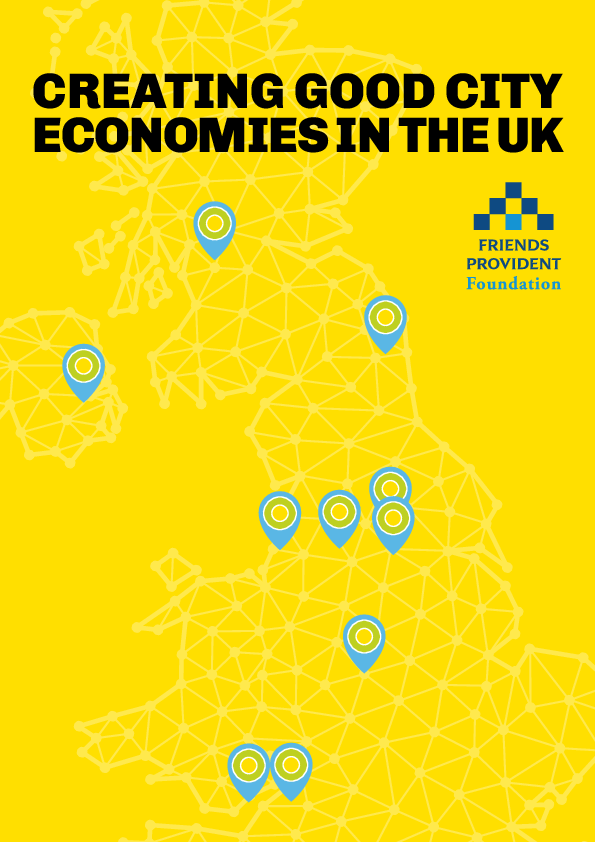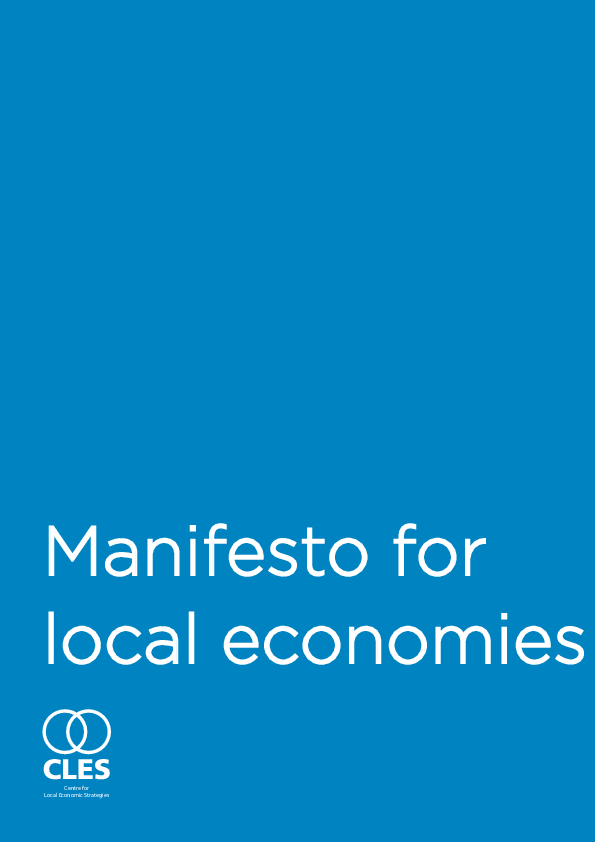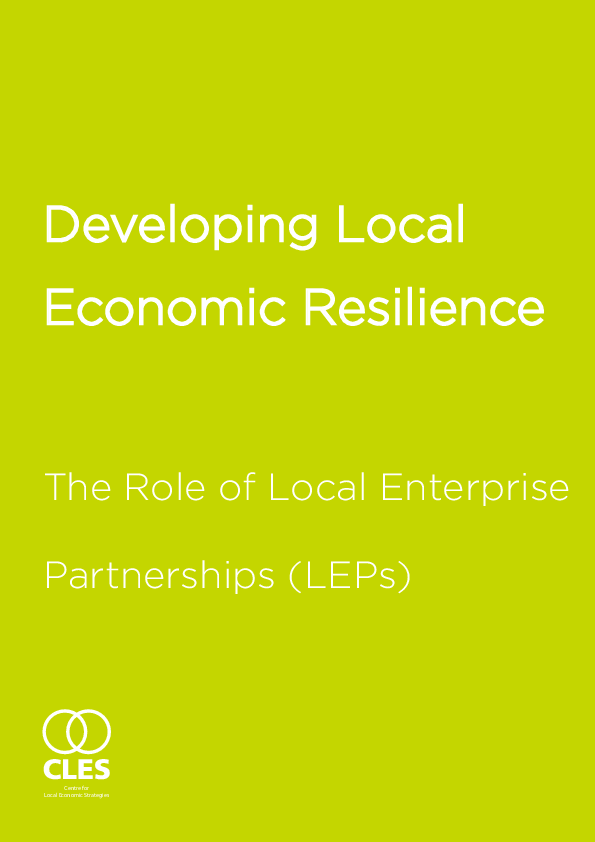On the front line of social change – the importance of community businesses in community wealth building
If you want to see community wealth building in action, come to Liverpool 8.
There you will find The Florence Institute – known to all around as The Florrie – a vibrant community hub housed in an imposing Grade II listed Victorian building. Since being restored by local activists in 2012, The Florrie has been a space of empowerment for local residents – building wealth by offering jobs and projects to support those most in need.
“Community businesses play a crucial role in community wealth building by enabling a more plural ownership of the economy”
It was therefore a fitting venue for last week’s launch of CLES’ latest research on behalf of the Power to Change Research Institute – Building an inclusive economy: the role of social capital and agency in community business in deprived communities. The report looked at how community businesses can support the development of more inclusive economies in deprived areas. Using three case studies (north Hull, west Smethwick, and south Liverpool), CLES has spent the last year seeking to understand how varying forms of social capital are needed to help seed a vibrant local community business scene.












